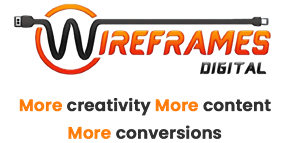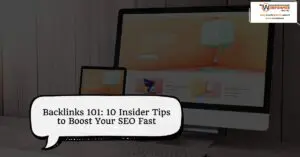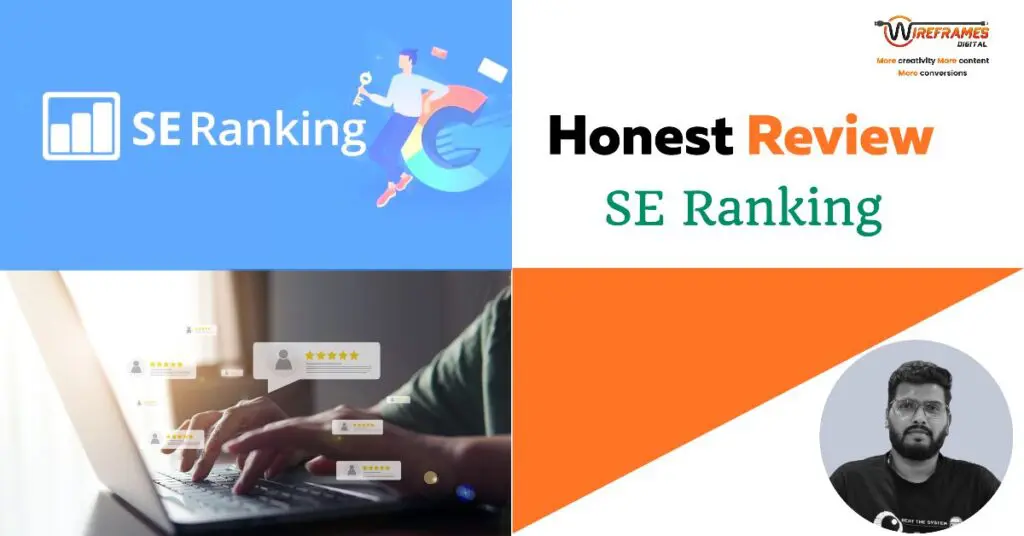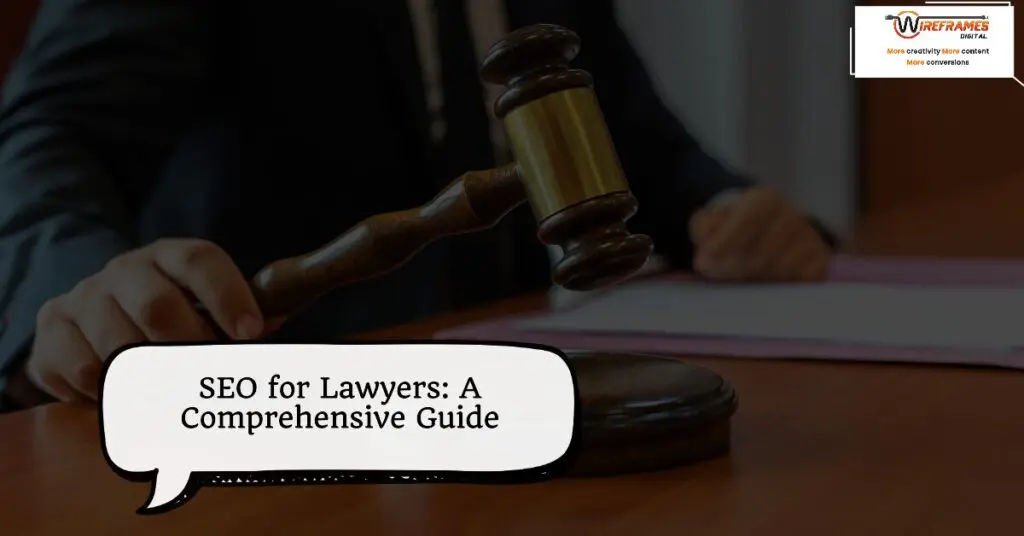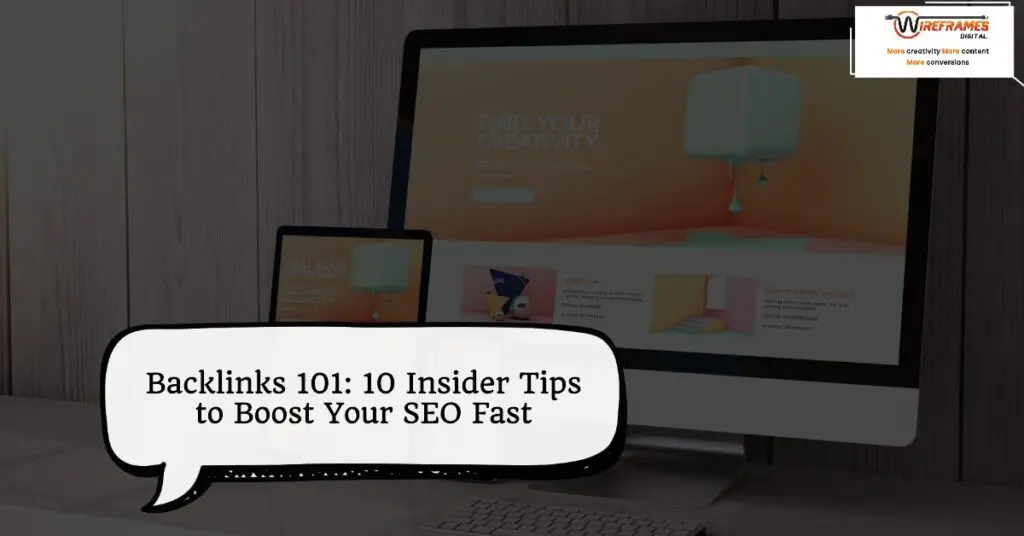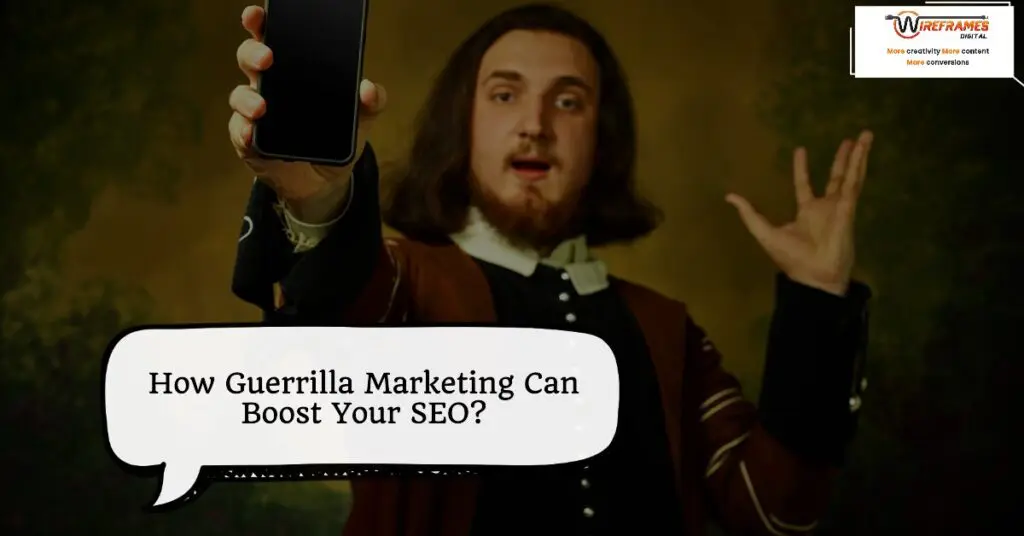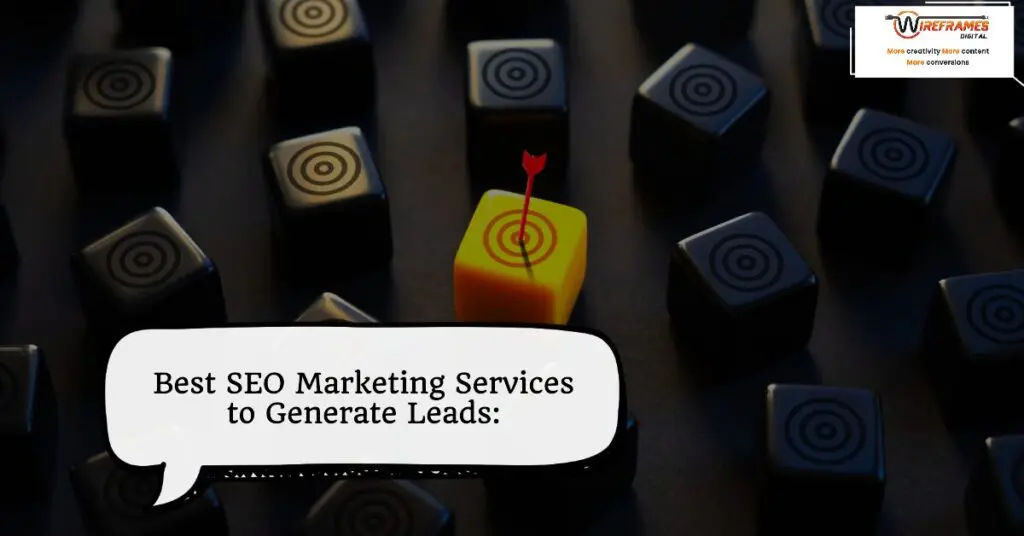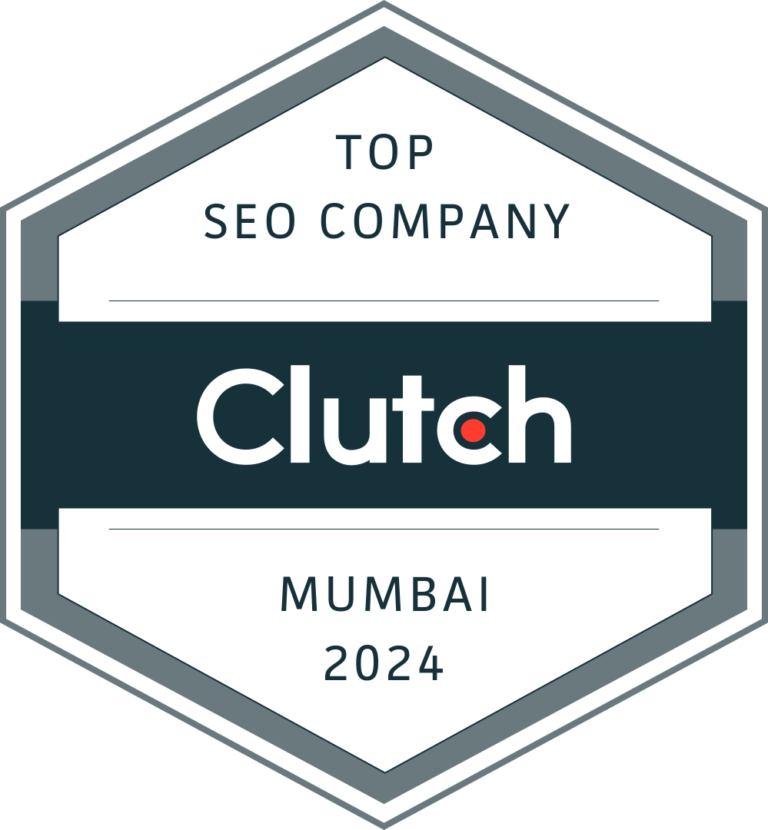Overview Of AdWords and SEO
Search engine optimization (SEO) and pay-per-click advertising with AdWords are two common ways businesses get their website to rank higher in search engines like Google. The goal is to get more qualified traffic to your site.
With SEO, you optimize your site and content so it naturally ranks well for relevant keywords. This takes time and consistency, but over the long term can bring highly targeted organic traffic to your site essentially for free.
AdWords is Google’s paid advertising network that allows you to instantly put your site in front of people searching for your products or services. You only pay when someone clicks your ad. This brings more immediate traffic, but at a cost per click.
Both methods have advantages and disadvantages when it comes to driving traffic and leads. This article will explore the key differences between AdWords and SEO and the pros and cons of each approach. The goal is to help businesses determine which strategy may be better for their situation.
Reach A Wider Audience Quickly
One of the biggest advantages of AdWords is the ability to get your ads in front of people who are actively searching for your products or services within minutes. With AdWords, you can launch a campaign and have your ads appear in search results right away. This allows you to reach a much wider audience of potential customers searching for your keywords and drive immediate traffic to your site.
With SEO, it can take months to build up your organic rankings and start getting significant search traffic. You need to focus on optimizing pages, building backlinks, and increasing authority – which all takes time. AdWords allows you to bypass that ramp-up period and tap into searchers from day one. As soon as your campaign is live, your ads can appear for relevant searches and send qualified traffic to your site. This makes it much faster to get your message in front of your target audience.
While SEO brings in ‘free’ traffic over the long-term, AdWords offers the ability to scale up quickly and get instant exposure to a wider pool of searchers. If you need to reach people right away or want to supplement organic search, AdWords can help expand your reach exponentially within minutes of launching a campaign. The immediate visibility makes it an extremely powerful acquisition and conversion tool for businesses.
More Control Over Targeting
One of the key advantages of AdWords over SEO is the ability to precisely target your ads to reach your ideal audience. With AdWords, you can target your ads by:
- Keyword – Target ads to show for specific keywords that are relevant to your products or services. You can tailor your ad copy and landing pages to match closely with keyword searches.
- Location – Show ads to people searching in specific cities, regions, or countries. Location targeting allows you to focus efforts where you can best serve potential customers.
- Device – Target ads to desktop, mobile, or tablet users. This allows you to tailor ad formats and landing pages for the best experience on each device.
- Audience – Use customer match, similar audiences, and demographic targeting to reach specific groups of people based on their interests, behaviors, and characteristics.
In contrast, with SEO you have less control over who will find your content and site. You can optimize for keywords, but ultimately rely on content being ranked well and found by searchers. SEO has limited options for location, device, and audience targeting.
The precise targeting options in AdWords allow you to align your ads with searches from your ideal customers. You can continually refine your targeting to improve results over time. This level of control is a key advantage over SEO.
Easier To Measure Results
AdWords campaigns provide advertisers with real-time metrics on key performance indicators like impressions, clicks, and conversions. This allows you to closely monitor and optimize your campaigns.
With SEO, metrics are more directional and you need to rely on monthly search engine ranking reports or analytics data to determine progress. It can take months to see the impact of SEO efforts.
AdWords removes much of the guesswork with its robust reporting. You can see what’s working and what’s not on a granular level, down to the keyword, ad copy, landing page, and more. The level of data enables informed optimization decisions.
AdWords also enables A/B testing of ad variations to determine what messaging, offers, etc. resonate best with your target audience. The platform makes conversion tracking seamless so you know your ROI.
Overall, the transparency and real-time insights of AdWords reporting allows for quicker optimization and higher marketing efficiency. SEO has its place for sustainable long-term growth, but AdWords provides unparalleled measurement capabilities.
Adjust And Optimize Campaigns
One of the major advantages of AdWords is the ability to rapidly test and optimize campaigns and ads to improve results. With AdWords, you can A/B test multiple versions of ads, landing pages, calls-to-action, etc. and see in real-time which ones perform better. Then you can pause or eliminate underperforming elements and scale up the winners.
AdWords also provides robust analytics on conversions, clicks, impressions, keyword performance, and more. This allows you to identify opportunities to refine targeting, bids, ad copy, landing pages, and other factors to incrementally improve campaign performance. Changes can be rolled out and tweaked quickly based on live data.
In contrast, optimizing SEO is a much slower and less precise process. It requires regularly creating and updating website content, monitoring rankings, and guessing at Google’s opaque ranking factors. Results of changes take weeks or months to appear in rankings and traffic numbers. SEO has a wider optimization horizon, but lacks the rapid iteration and real-time analytics of AdWords for honing performance.
So if you need to quickly test marketing variations and capitalize on what’s working, AdWords provides significantly faster optimization capabilities than SEO. You can turn ad copy and landing page changes around in hours or days rather than months. For marketers focused on agile optimization, AdWords is a clear winner over organic search.
Works Well With Other Marketing
Unlike SEO, which is limited to improving rankings in organic search results, AdWords campaigns can be easily integrated with other digital marketing strategies and platforms. This gives marketers more flexibility to create synergies across channels.
For example, AdWords accounts can be linked to other Google products like YouTube, Google Display Network, and Google Analytics for integrated campaign reporting and optimization. AdWords also integrates seamlessly with Google’s social media advertising platforms. This allows you to retarget website visitors or target similar audiences to those interacting with your social posts.
Additionally, the high level of ad targeting in AdWords enables you to align your paid search ads with your organic content and social media messaging. Ad copy, offers and landing pages can all be tailored to complement your other digital marketing initiatives. This is difficult to achieve with the more generalized approach of SEO.
Overall, AdWords provides more versatility to work alongside other online and offline marketing efforts. This integration delivers better coordination and amplification of messaging across channels. SEO is limited to surfacing your website in organic search only.
Higher Cost But More Predictable
AdWords operates on a cost-per-click model, so you pay only when someone clicks on your ad. This can get expensive fast, especially for competitive keywords. However, the costs are clear and predictable.
With SEO, you don’t directly pay for higher rankings. But there are costs associated with content creation, link building, technical optimizations, etc. Results take months or longer to appear in rankings. So while SEO has a lower overall cost, it requires an upfront investment without a guarantee of returns.
In the short-term, AdWords tends to cost more but provides instant results you can measure. SEO costs less but can take 6-12 months to see significant organic traffic gains. Over the long run, SEO becomes more cost effective at driving targeted traffic to a site. But AdWords offers more predictable costs and control from the start.
Short-Term vs Long-Term Results
One of the key differences between AdWords and SEO is the timeframe in which you see results.
AdWords campaigns can drive traffic and leads almost immediately after being set up correctly. The traffic continues as long as you keep the campaigns running and funded. As soon as you pause or end campaigns, the traffic will stop.
In contrast, SEO takes time to build rankings and traffic. It may take weeks or months before you start seeing significant organic traffic from SEO efforts. However, once you achieve high rankings, they tend to be more stable and long-lasting. The traffic persists as long as you maintain your site and content.
This makes AdWords better for short-term goals like promoting a sale or event. SEO is better optimized for long-term, continual traffic and stability. AdWords brings immediate results that stop when campaigns end. SEO takes time to build rankings that deliver lasting traffic.
Quality Score Factors
AdWords and SEO use different quality scoring systems to determine ad and search ranking.
With AdWords, Google evaluates the quality of ads and landing pages using a Quality Score based on:
- Ad relevance – How closely your ad targets the search query
- Landing page experience – Does your landing page offer a positive experience and fulfill what was promised in the ad
- Expected clickthrough rate (CTR) – How likely is the ad to get clicked based on historical performance
A higher Quality Score can help lower your costs and get better ad placement.
With SEO, many more on-page and off-page factors determine search ranking, including:
- On-page optimization – Page titles, meta descriptions, headings, content, etc.
- Technical factors – Site speed, mobile optimization, security
- Backlinks – Quality and quantity of external links to a page
- Authority – Trust and expertise signals like domain age and brand strength
- User engagement – Bounce rate, time on site, repeat visits
So SEO uses a more holistic quality approach across an entire site, while AdWords focuses on optimizing individual ads and landing pages. Both play an important role in promoting content quality to users.
Conclusion: Key Differences Between AdWords and SEO
AdWords and SEO both have their advantages when it comes to online marketing. To summarize:
- AdWords enables reaching a wider audience quickly through paid search ads, while SEO focuses on organic rankings that take more time to build.
- AdWords offers precise targeting options and full control over ads, keywords and bids. With SEO there is less control, as rankings depend on on-page and off-page factors.
- AdWords results can be clearly tracked through metrics like clicks and conversions. SEO results are harder to quantify directly.
- AdWords campaigns can be optimized frequently by pausing/adding keywords, raising/lowering bids etc. SEO takes longer to see the impact of optimizations.
- AdWords integrates well with other digital marketing like social ads and email marketing. SEO has some synergies but is more standalone.
- AdWords costs more upfront and results stop when campaigns are paused. SEO costs less but takes consistent effort over months to see results.
- AdWords produces fast short-term results that are ideal for promotions and lead generation. SEO builds brand authority and long-term organic growth.
Overall, AdWords tends to work better for short-term goals and direct response, while SEO supports long-term positioning and organic traffic. For most businesses, a combination of both strategies produces the best results. AdWords can drive initial interest while SEO convinces searchers to stick around long-term.
